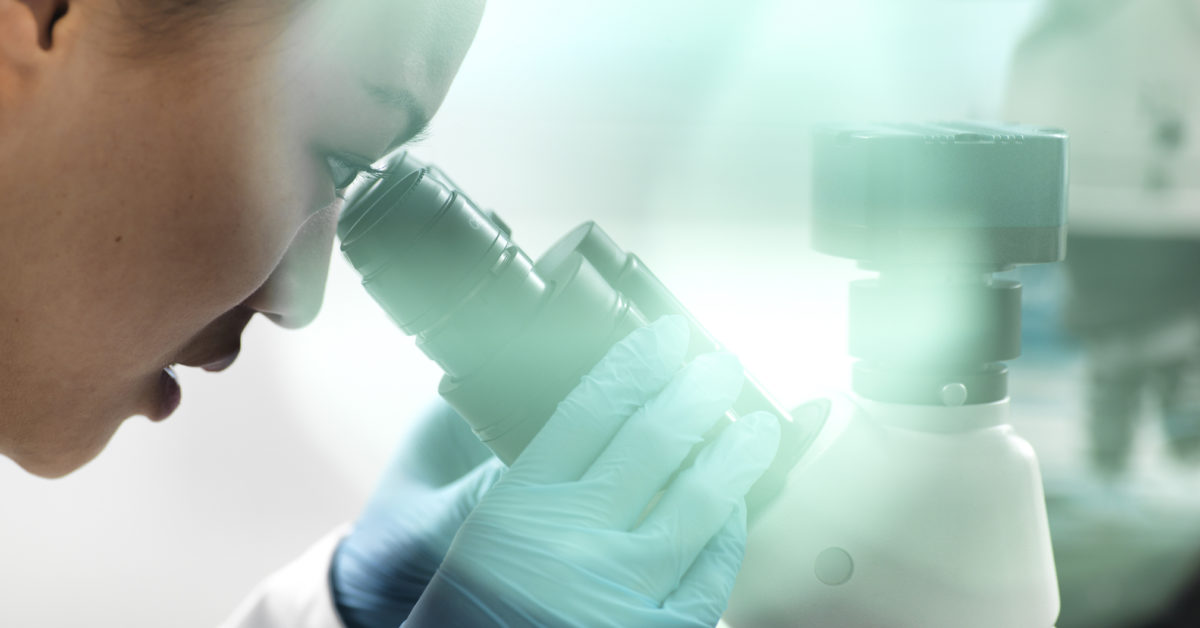The death toll for COVID-19 is on the rise, and so is the total number of cases. In the context of this global pandemic, feeling overwhelmed by all the negative information is a natural response. But researchers are also hard at work trying to understand, treat, and prevent the new coronavirus. We take a look at some of their results.

For live updates on the latest developments regarding the novel coronavirus and COVID-19, click here.
As of yesterday, the total number of deaths from COVID-19 across the world has surpassed 10,000.
Currently, the total number of confirmed COVID-19 cases across the globe stands at 244,000.
These numbers can induce restlessness and worry.
The importance of taking precautions and staying safe during this global pandemic cannot be overestimated, but it is also helpful to look at some emerging research that could pave the way for future treatment and prevention.
In this article, we round up some of this evidence, which has featured recently on Medical News Today.
Researchers in Hong Kong have evaluated the impact that the outbreak has had on 43 public hospitals there.
The numbers are encouraging: In the first 6 weeks since the start of the outbreak, 413 healthcare workers dealt with 42 confirmed cases of COVID-19. Of these employees, 11 had unprotected exposure to the new coronavirus.
As a result of implementing best practices for infection control, none of the healthcare staff contracted the virus during the study period. Furthermore, no hospital-acquired infections occurred.
Dr. Vincent C.C. Cheng, from the Department of Microbiology at Queen Mary Hospital in Hong Kong, and his colleagues conclude:
“Appropriate hospital infection control measures can prevent healthcare-associated transmission of the [new] coronavirus […] Vigilance in hand hygiene practice, wearing of surgical masks in the hospital, and appropriate use of personal protective equipment in patient care […] are the key infection control measures to prevent hospital transmission of the virus.”
A study involving four rhesus macaques found that contracting SARS-CoV-2 — the virus that causes COVID-19 — protected against future reinfections.
The scientists reinfected two of the four monkeys with the virus 28 days after the initial infection.
A total of “96 nasopharyngeal and anal swabs tested negative after the reexposure of SARS-CoV-2,” report the researchers. The euthanasia and necropsy of one of the two monkeys confirmed these results.
“Taken together, our results indicated that the primary SARS-CoV-2 infection could protect from subsequent exposures, which have […] vital implications for vaccine design [and disease prognosis],” conclude the authors of the study.
MNT

